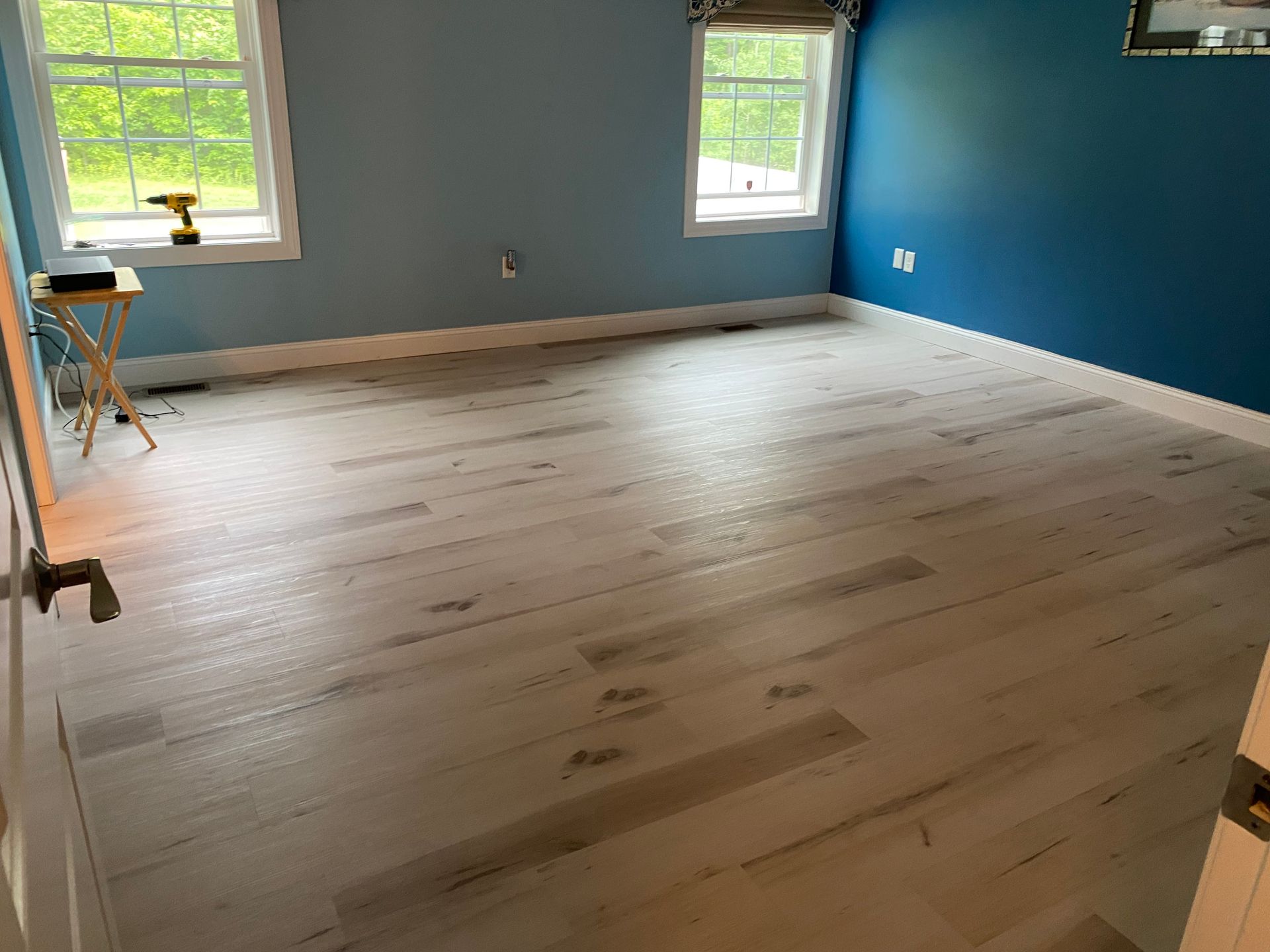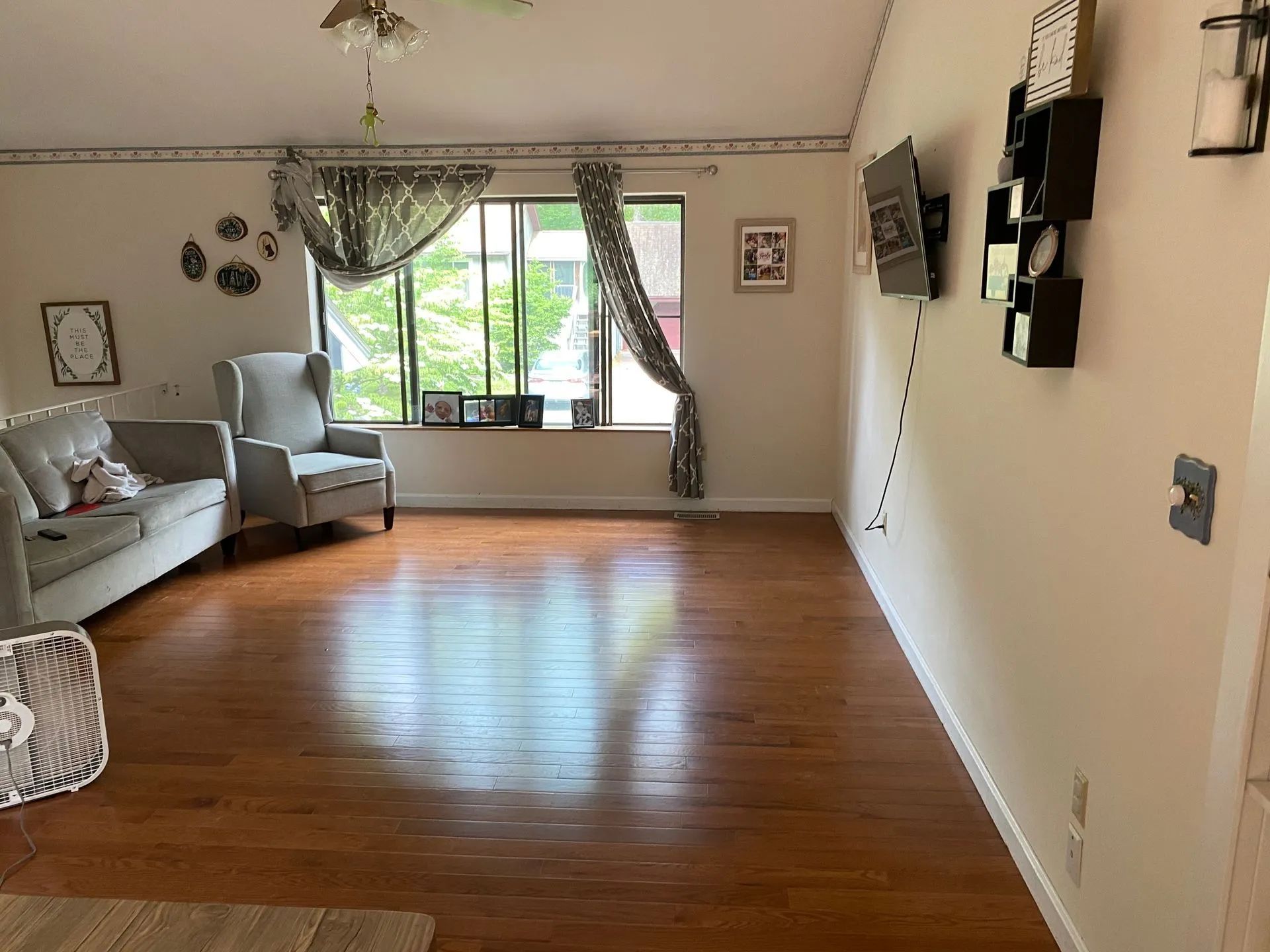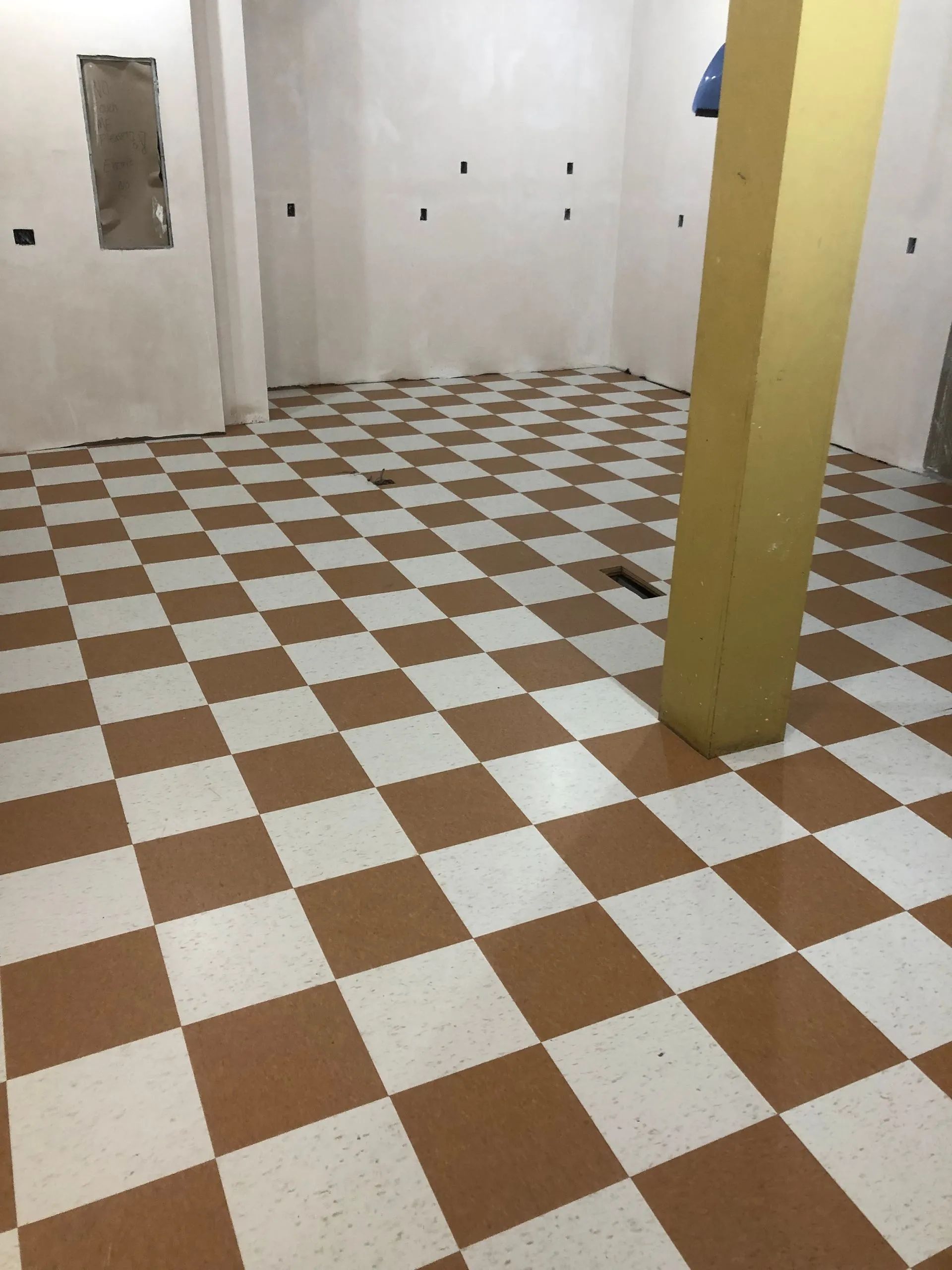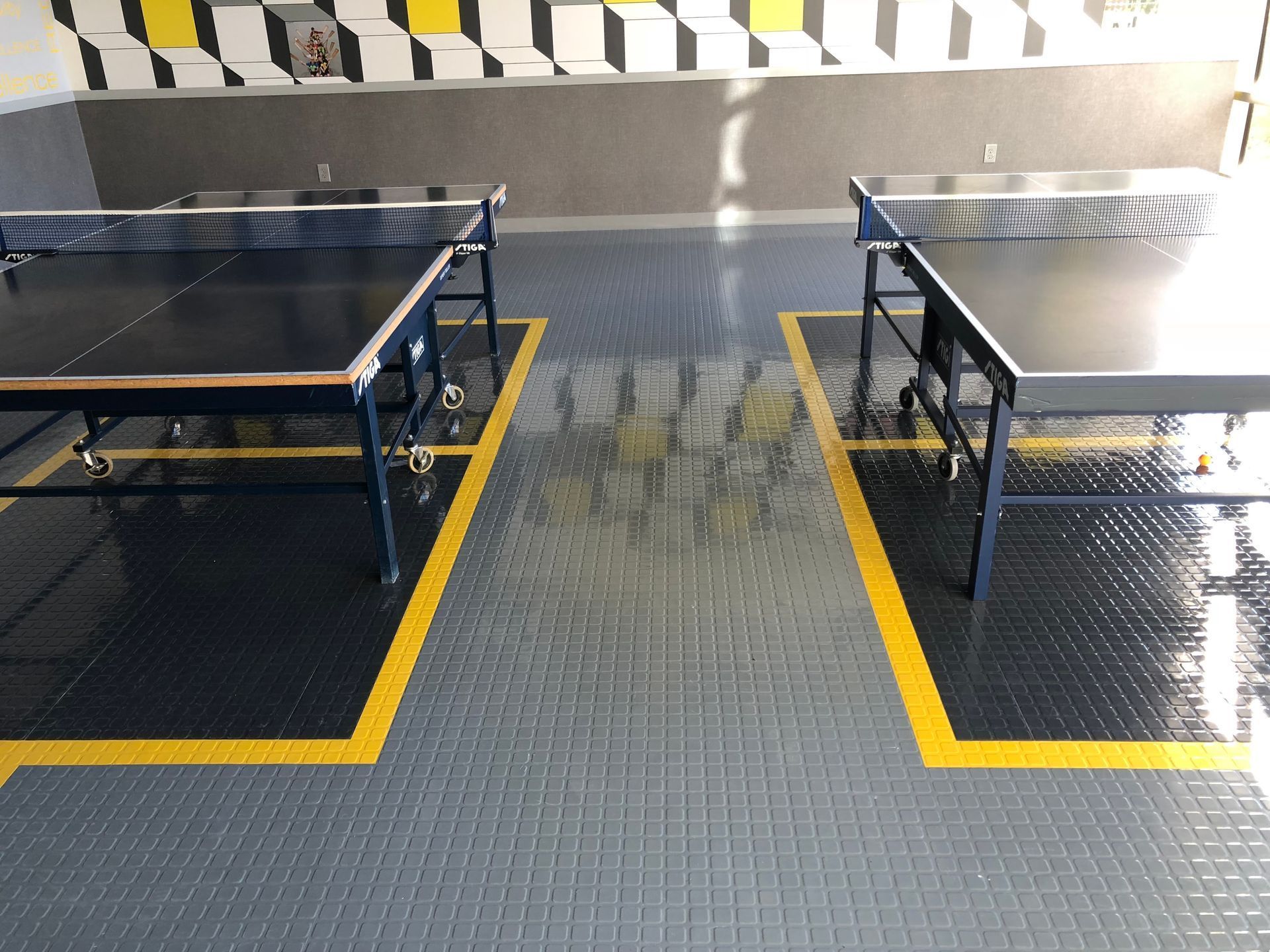How to Choose the Right Flooring for Your Home: A Comprehensive Guide
February 28, 2025

Choosing the right flooring for your home is an important decision that affects both aesthetics and functionality. With so many options available, it can be overwhelming to determine which type of flooring best suits your needs. This guide will walk you through the key factors to consider, helping you make an informed choice that enhances your home’s beauty and durability.
1. Consider Your Lifestyle
Your flooring should match the way you live. Ask yourself the following questions:
- Do you have pets or children? If so, you may need scratch-resistant and easy-to-clean flooring.
- Do you entertain often? Durable flooring that resists spills and stains may be ideal.
- Do you prefer low-maintenance flooring? Some materials require more upkeep than others.
2. Assess the Room’s Functionality
Different rooms have different flooring requirements. Here are some general recommendations:
- Living Rooms & Bedrooms: Hardwood, carpet, or luxury vinyl for comfort and warmth.
- Kitchens & Bathrooms: Tile, luxury vinyl, or waterproof laminate to withstand moisture.
- Basements: Engineered wood, vinyl, or tile to handle potential moisture issues.
- High-Traffic Areas: Durable materials like tile, vinyl, or engineered hardwood.
3. Explore Flooring Material Options
Each flooring type has its own advantages and drawbacks. Here are some popular choices:
- Hardwood Flooring – Timeless, durable, and elegant but requires maintenance and is prone to scratches.
- Laminate Flooring – Affordable and stylish but may not be as long-lasting as other options.
- Vinyl Flooring – Waterproof, cost-effective, and available in a variety of designs.
- Tile Flooring – Highly durable and water-resistant but can be cold underfoot.
- Carpet – Soft and comfortable but requires frequent cleaning.
- Engineered Wood – More resistant to moisture than solid hardwood and offers a similar aesthetic.
4. Factor in Maintenance & Durability
Some flooring materials require more maintenance than others. For example:
- Hardwood needs refinishing over time.
- Carpet requires frequent vacuuming and deep cleaning.
- Tile and vinyl are easy to clean and maintain.
- Laminate is low-maintenance but susceptible to water damage.
5. Consider Your Budget
Flooring costs vary widely based on material, quality, and installation:
- Budget-friendly: Vinyl, laminate, or carpet.
- Mid-range: Engineered wood or tile.
- High-end: Solid hardwood or natural stone.
6. Think About Aesthetics & Home Style
Your flooring should complement your home’s design. Lighter shades can make rooms appear larger, while darker tones add warmth and sophistication. Patterns and textures can enhance your interior style, from modern to rustic.
7. Hire a Professional for Installation
While some flooring types are DIY-friendly, professional installation ensures long-term durability and a flawless finish. Experts can help with proper measurements, subfloor preparation, and seamless installation.
Conclusion
Selecting the right flooring for your home requires careful consideration of lifestyle, functionality, materials, maintenance, and budget. By evaluating your specific needs, you can choose flooring that enhances both the beauty and practicality of your living space. If you’re looking for expert flooring installation and guidance, Flooring Plus LLC is here to help. Contact us today to explore the best flooring solutions for your home!






